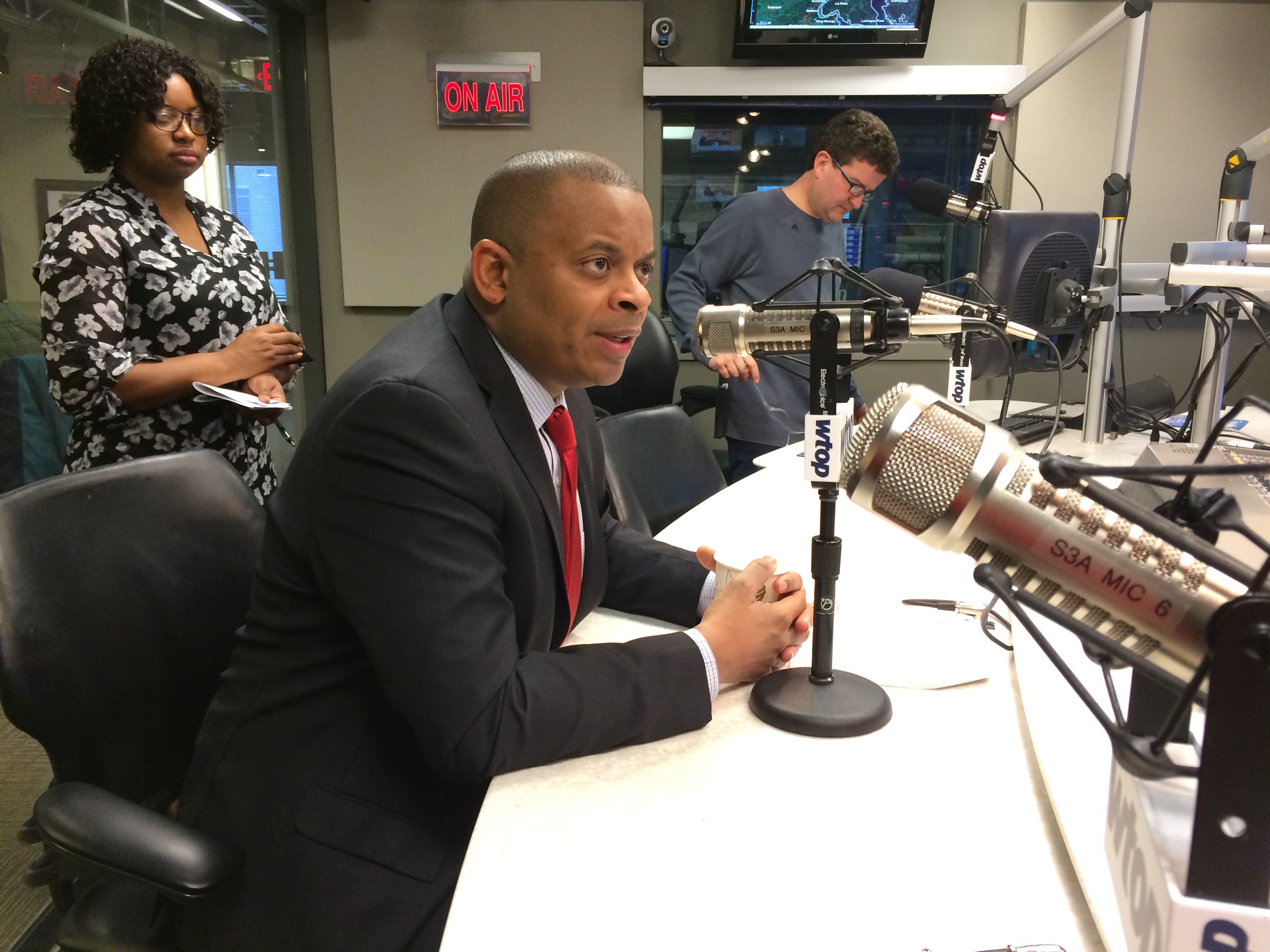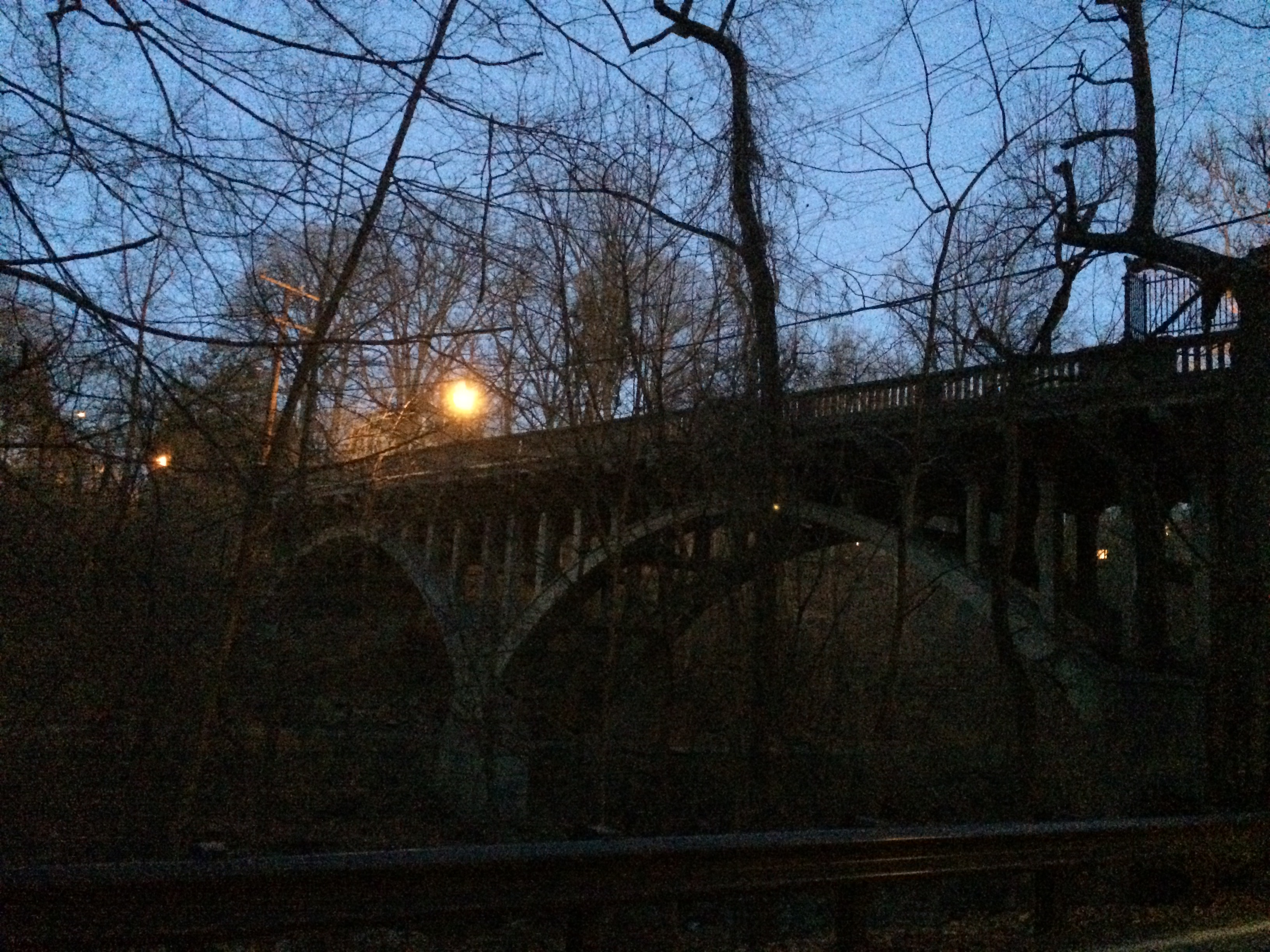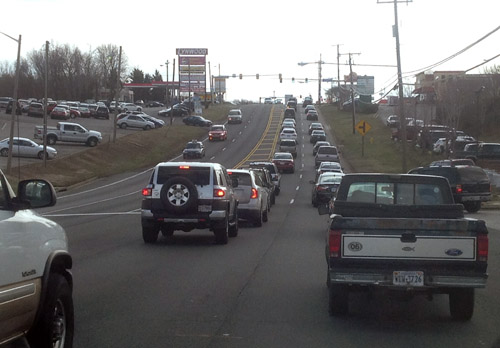WASHINGTON — Virginia is in worse shape than Maryland and D.C. when it comes to the number of bridges considered “structurally deficient,” according to the latest federal data analyzed by the American Road & Transportation Builders Association.
The term “structurally deficient” doesn’t suggest the bridges are imminently unsafe, but one or more important parts of the bridge are in what is considered poor or worse condition — areas such as the bridge deck or columns or foundation.
In the U.S., there are more than 61,000 bridges that are structurally deficient, ARTBA found.
The “structurally deficient” bridges in D.C. metro area include:
- Virginia: 1,120 bridges (8.1 percent of total bridges in commonwealth) — ranks 21st worst in the nation
- Maryland: 317 bridges (6 percent of total bridges in state) — 41st worst in the nation
- District of Columbia: 14 bridges (5.5 percent of bridges in District) — 51st worst in nation
“State and local governments are doing the best they can to address these significant challenges, given limited resources,” said Alison Black, ARTBA’s chief economist, to USA TODAY.
“Without additional investment from all levels of government, our infrastructure spending will be a zero-sum game.”
There are area bridges considered “functionally obsolete,” in that they don’t meet design standards that are in line with current practice.
- Virginia: 18 percent.
- Maryland: 21 percent
- District of Columbia: 65 percent
Even given limited resources and deferred projects, area Departments of Transportation are making improvements.
The 16th Street Bridge over Military Road is noted in the study as among the D.C.’s top 10 most-traveled structurally deficient bridges and is currently being replaced.
Maryland has ramped up emergency maintenance on dozens of state bridges after the recent incident of a chunk of concrete falling off an I-95 overpass onto a car below on Suitland Road. The Suitland Road overpasses on 95 north and south are noted in the study as being among Maryland’s most traveled structurally deficient bridges.
In Virginia, work on U.S. Route 1 in Fort Belvoir includes the construction of new bridges with higher elevation over Accotink Creek than the current flood-prone bridges.
Still, state money is tight, necessary bridge maintenance is being deferred nationwide and federal help is in question unless Congress passes a funding package before appropriations run out in May.
If Congress does not pass a funding package, The Highway Trust Fund won’t meet commitments through fiscal year 2015.
The National Association of State Budget Officers is among interested parties encouraging lawmakers to pass a proposal that would provide five years of funding.
The ARTBA study is based on data is from the 2014 National Bridge Inventory, released in January 2015 by the Federal Highway Administration.








